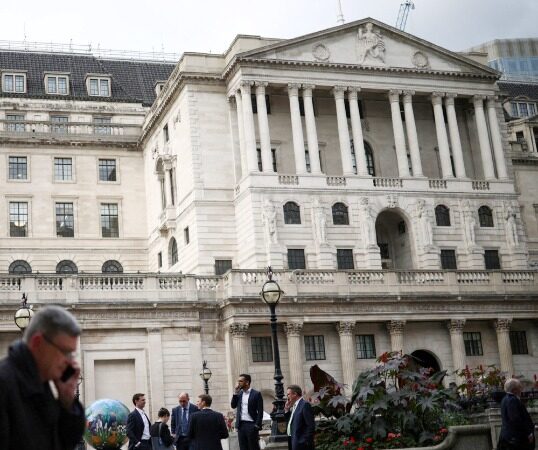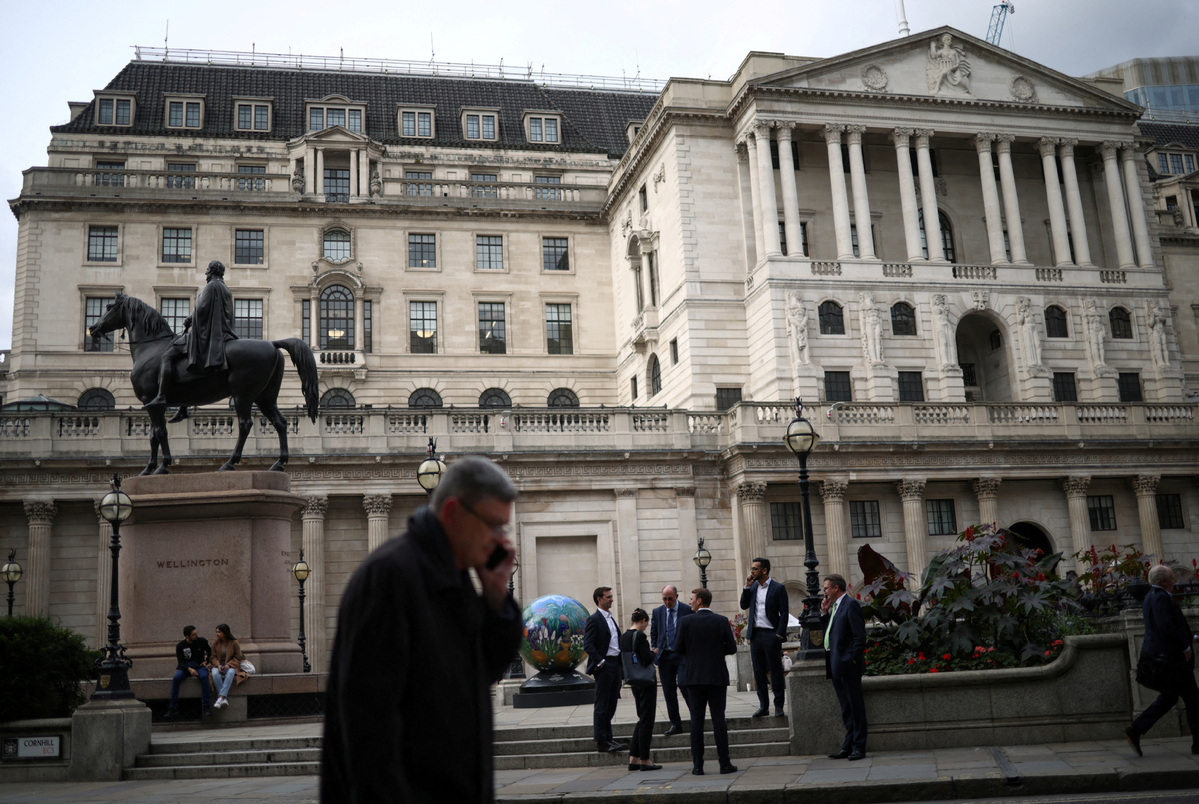

Central banks tried on Monday to assure markets and investors that the financial system was on solid ground after Switzerland-based Credit Suisse needed rescuing on Sunday, and fears spread that other banks may get into trouble.
The United Kingdom”s central bank, the Bank of England, insisted the sector was “safe” after the 167-year-old Credit Suisse was sold hurriedly to rival UBS.
The deal, which was backed by the Swiss government, followed the recent collapse of two United States banks, which fuelled fears of an impending global financial meltdown.
Switzerland’s central bank, the Swiss National Bank, said the deal would protect the country’s economy in an “exceptional situation”.
It had earlier tried to prop up Credit Suisse with a $54 billion injection of emergency funding, but the bank’s shares still plummeted by 24 percent, opening the door to a takeover.
Germany’s Deutsche Welle news service quoted Christine Lagarde, the president of the European Central Bank, as saying the takeover was what was needed.
“The euro area banking sector is resilient, with strong capital and liquidity positions,” she said.
The Bank of England also praised the sale, and said it was “engaging closely” with counterparts and would “continue to support” moves to calm markets.
It teamed up with the Bank of Canada, the ECB, the Bank of Japan, the Swiss National Bank, and the US Federal Reserve to issue a statement, insisting the quantity of US dollars in the global banking system would be increased, so enough cash would be available if large numbers of investors wanted to get their hands on their savings.
The Bank of England insisted the system was “well capitalized and funded, and remains safe and sound”.
Mark Yallop, a former chief executive of the UK arm of UBS, told Radio 4’s Today program the purchase of Credit Suisse and the action of central banks should reassure investors that a meltdown like the one in 2008 will not happen.
“This is a takeover of a challenged institution with particular idiosyncratic problems that relate to it specifically,” he insisted, saying the bank’s problems were not “reflective of broader issues in the banking markets”.
Yallop said Credit Suisse’s failure was not connected to the demise of the two US banks, which fell victim to fast-rising interest rates. Credit Suisse, he said, had been making a loss for a while and had been rocked by money-laundering charges.
“I think this transaction will definitely stabilize it and should bring a good degree of confidence back to the banking market more generally,” he said.
Despite the reassurances, the BBC reported London’s FTSE 100 fell by 1.6 percent in early Monday trading, and Japan’s Nikkei 225 was 1.4 percent down. Shares in UBS fell by 13 percent on Monday before recovering. UBS bought Credit Suisse, which had been valued at around $8 billion on Friday, for just $3.15 billion, but some investors clearly wondered if that was too much.





